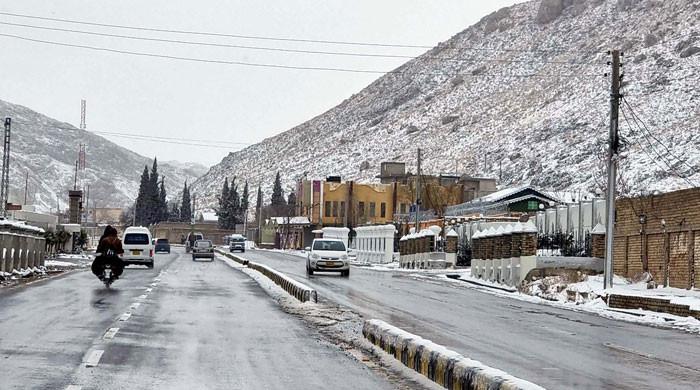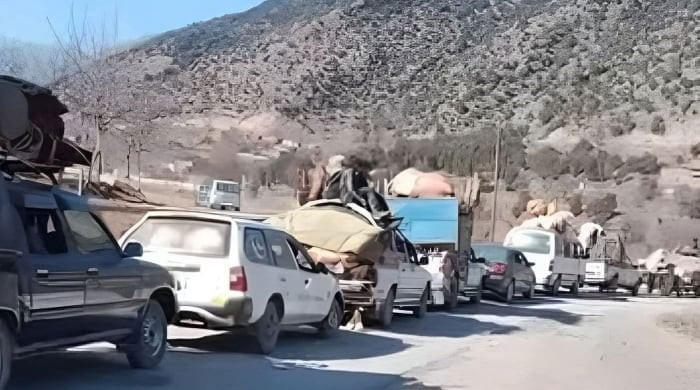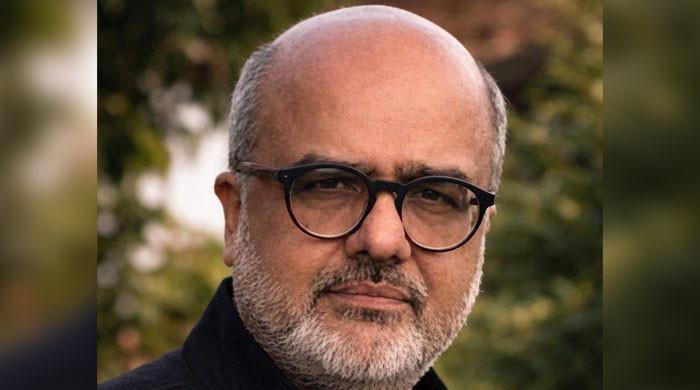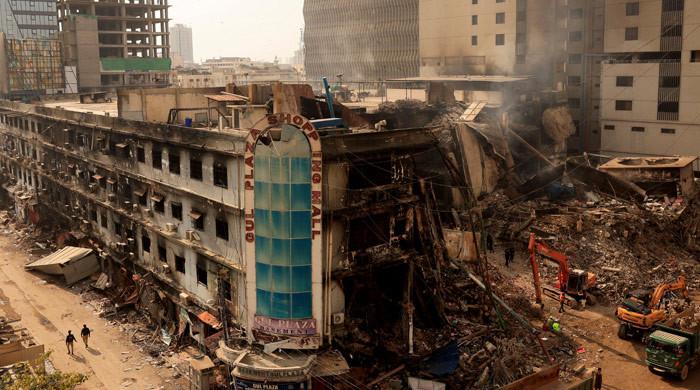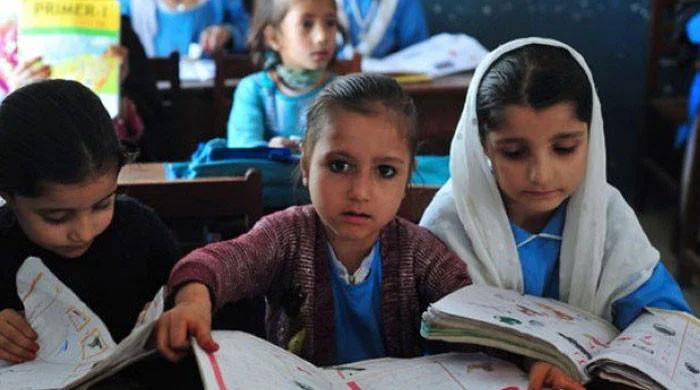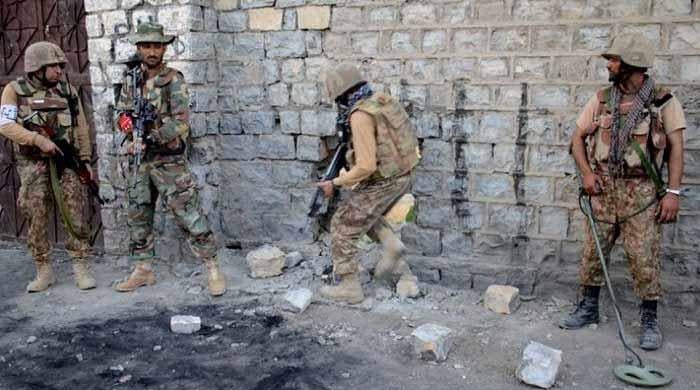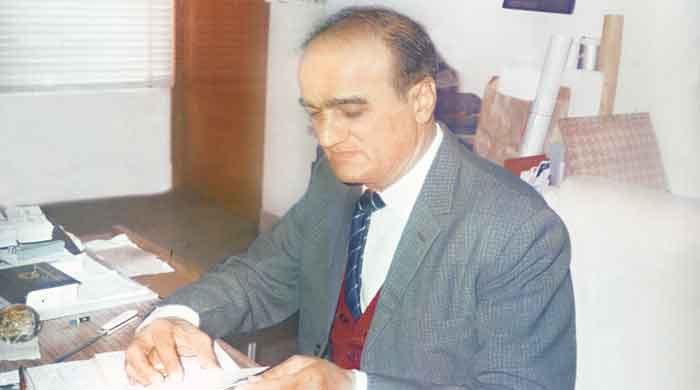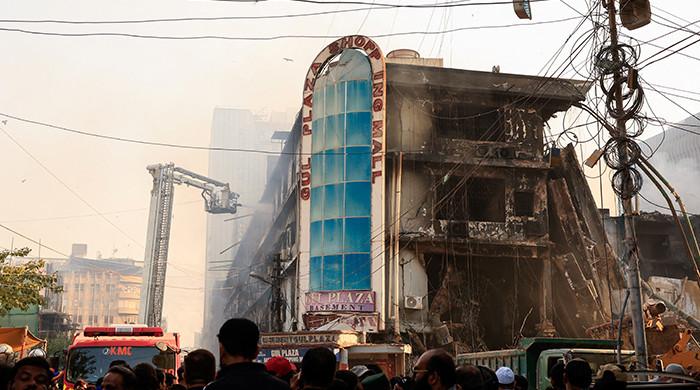Punjab traffic police uses AI to challan hundreds of smokey vehicles
Punjab government announces issuance of challans to traffic rule violators with evidence attached
July 22, 2024

- Aurangzeb says culture of traffic policing is changing in Punjab.
- Minister says Punjab to become ideal province with e-policing.
- Vows electronic traffic policing system in all Punjab cities.
LAHORE: The Punjab traffic police on Monday issued hundreds of e-challans to the vehicles emitting excessive smoke, after introducing modern electronic traffic policing with the help of artificial intelligence.
Stating that every smoke-emitting vehicle will be checked with modern AI-powered cameras, the Punjab government also announced that challans would be served to violators of traffic rules with evidence attached to them.
“As per Punjab CM Maryam Nawaz’s vision, smoke-emitting vehicles are being challaned through the Safe City cameras, as the process of issuing e-challans on violation of traffic and environmental laws has been expedited,” it said in a statement.
It said pictures and videos of vehicles emitting smoke in Lahore are being attached to the e-challans, which was a common practice in the world's developed countries.
Senior Punjab minister Marriyum Aurangzeb said the culture of traffic policing was changing under the supervision of CM Maryam Nawaz.
Aurangzeb said environmental protection and enforcement of traffic laws were being ensured with the help of modern technology.
“Phase-wise modern electronic traffic policing system will be implemented in every city of Punjab. With the cooperation of citizens, Punjab will become an ideal smoke-free province with modern policing, God willing,” she said.
Earlier on Sunday, CM Maryam presided over a meeting to finalise the Technical Education and Vocational Training Authority (TEVTA), as the provincial government has apparently shifted its focus towards technology as well as technical education.
“Innovation in technical training courses is the need of the hour for economic growth and reduction of unemployment,” she told the meeting.
The chief minister directed that advanced courses in market-driven trades should be taught in TEVTA institutes.
“The new courses must include training in building, textiles, garments, tourism, hospitality, information communication technology, automobile assembly and repair, professional training in food processing, biomedical technology, light engineering, renewable energy, and surgical instruments,” she said.




